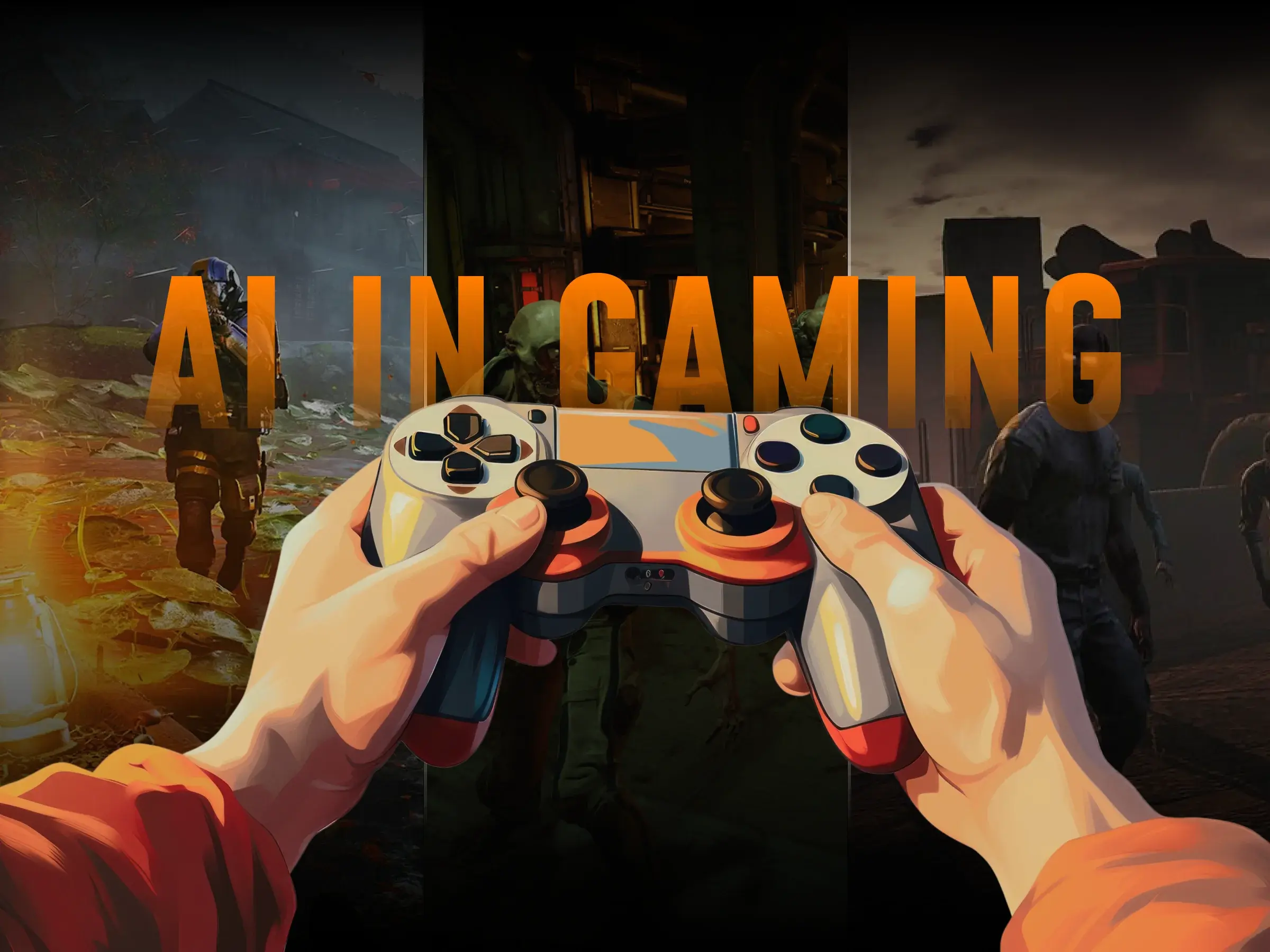Introduction: The gaming industry has always been at the forefront of technological innovation, constantly pushing the boundaries to deliver immersive and captivating experiences. Two of the most transformative technologies shaping the future of gaming are Artificial Intelligence (AI) and cloud computing. Together, they are redefining game development, enhancing player experiences, and opening up new possibilities in interactive entertainment.
AI in Gaming: Enhancing Realism and Interactivity
1. Intelligent NPCs: Non-player characters (NPCs) have evolved significantly with AI. Traditional NPCs followed predefined scripts, but modern AI-powered NPCs can adapt, learn, and respond dynamically to player actions. This creates more realistic and engaging interactions, making games feel more alive and unpredictable.
2. Procedural Content Generation: AI is used to create vast and diverse game worlds through procedural content generation. By leveraging algorithms, AI can generate landscapes, levels, and quests, ensuring that each playthrough offers a unique experience. Games like "No Man's Sky" have demonstrated the potential of AI in creating virtually infinite game environments.
3. Personalized Gaming Experiences: AI analyzes player behavior to tailor gaming experiences to individual preferences. By monitoring how players interact with the game, AI can adjust difficulty levels, suggest in-game purchases, and recommend content, enhancing player satisfaction and engagement.
4. Enhanced Graphics and Animation: AI-driven technologies like neural networks and machine learning are revolutionizing graphics rendering and animation. Techniques such as deep learning super-sampling (DLSS) by NVIDIA use AI to upscale lower-resolution images in real-time, providing high-quality visuals without compromising performance.
(ads)
Cloud Computing in Gaming: Powering Accessibility and Performance
1. Cloud Gaming Services: Cloud gaming platforms like Google Stadia, NVIDIA GeForce NOW, and Microsoft xCloud allow players to stream games directly from the cloud, eliminating the need for powerful hardware. This democratizes access to high-quality gaming experiences, enabling players to enjoy the latest titles on various devices, from smartphones to low-end PCs.
2. Scalable Game Development: Cloud computing provides game developers with scalable resources, reducing the time and cost associated with game development. Developers can leverage cloud infrastructure for tasks such as rendering, testing, and deployment, ensuring smoother workflows and faster time-to-market for new games.
3. Multiplayer and Online Gaming: The cloud enhances multiplayer gaming by providing reliable and low-latency servers, supporting large-scale online games with seamless performance. Cloud-based infrastructure ensures that players from around the world can connect and play together with minimal lag, creating a more enjoyable and competitive experience.
4. Data Storage and Analytics: Cloud platforms offer extensive storage solutions for game data, including player profiles, game progress, and user-generated content. Additionally, cloud analytics tools enable developers to gather insights into player behavior, preferences, and engagement, informing future updates and enhancements.
The Synergy of AI and Cloud in Gaming:
1. Real-Time AI Processing: Combining AI with cloud computing enables real-time processing of complex AI tasks. For instance, cloud-based AI can analyze vast amounts of player data on-the-fly to offer personalized gaming experiences, adaptive gameplay, and dynamic content adjustments.
2. Enhanced Game Updates and Live Services: AI-driven insights from the cloud can inform continuous game updates and live services. Developers can quickly respond to player feedback, roll out patches, and introduce new content, ensuring that games remain fresh and engaging over time.
3. Cross-Platform Play: AI and cloud computing facilitate cross-platform play by ensuring consistent performance and gameplay experiences across different devices. Players can seamlessly transition between platforms, continuing their gaming sessions without interruption.
Conclusion: The integration of AI and cloud computing is revolutionizing the gaming industry, offering unprecedented opportunities for innovation and enhancing player experiences. As these technologies continue to evolve, the future of gaming promises even more immersive, dynamic, and accessible experiences. By harnessing the power of AI and the cloud, game developers and players alike are embarking on an exciting journey into the next era of interactive entertainment.

